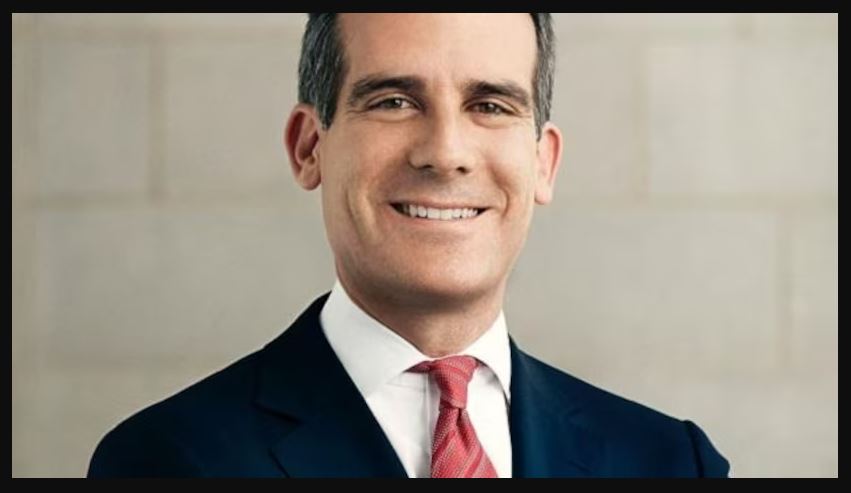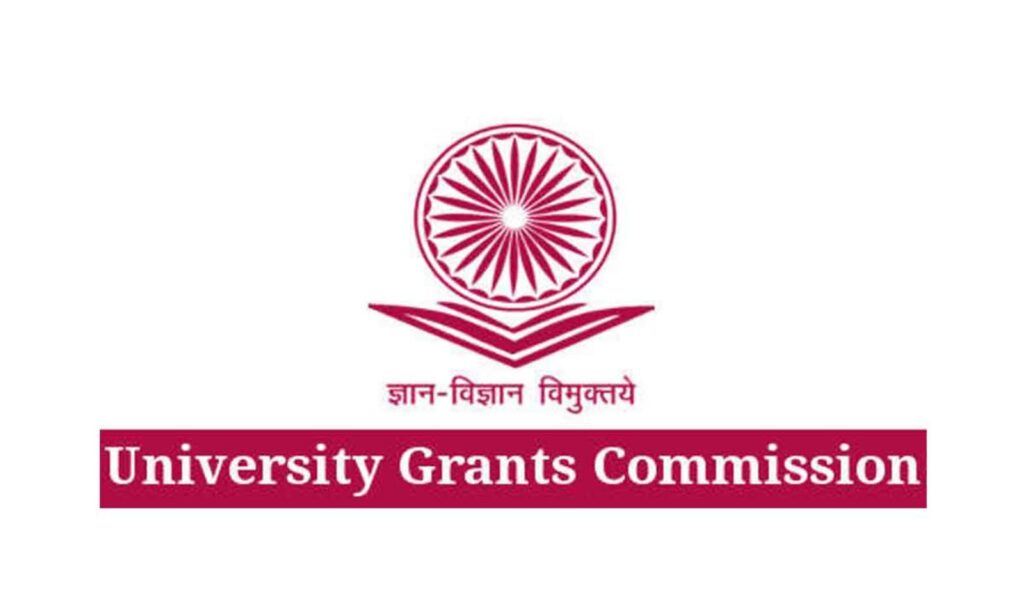Experts discuss that teaching-learning has to be linked to life, community and the world of work, including the environment across all disciplines/fields of study, including STEM education
The quintessence of Higher Education Institution (HEI), as envisioned in the National Education Policy 2020, is one which builds vibrant communities of scholars and peers, break down harmful silos between disciplines and enable students to become well-rounded individuals. However, a substantial number of HEIs in the country are either single stream institutions or multidisciplinary institutions with rigid disciplinary boundaries.
Dr Prafulla Agnihotri, Director IIM, Sirmaur, Former Professor, IIM Calcutta, Founder Director, IIM Tiruchirappali reminisces the time when India was known as the hub for global education as we had knowledge creative centres called universities.
He was speaking at BW Education Leadership Summit 2023, hosted by BW Businessworld on Wednesday in New Delhi.
Further, Vishal Khurma, CEO, Woxsen University, Hyderabad emphasised on India’s growth trajectory in the name of increasing educational institutions in India since the time of independence. “At the time of Independence, India had we had 30 universities and 600 colleges. In the year 2000 we had roughly 215 universities and 11,000 colleges. And as per the latest record, we have roughly 1000 plus universities and 45,000 colleges.”
With government’s constant support and emphasis on imparting quality education, India has recorded 30 times higher in making of institutions for India’s youth.
Today, India has domain specific stand-alone colleges and universities. Even in multidisciplinary HEIs the disciplinary boundaries are so rigid that the opportunities to learn and explore different disciplines are less explored.
Industry experts like Prof SC Sharma, Dir. ICFAI Business School (IBS), Gurgaon; Prof (Dr) VC Vivekanandan, VC, Hidayatullah National Law University, Chattisgarh; Prof Madhulika Kaushik, VC, Usha Martin University, Ranchi and Prof (Dr) Afrozul Haq, VC, HA University Imphal, Manipur are also of the similar view that teaching-learning has to be linked to life, community and the world of work, including the environment across all disciplines/fields of study, including STEM education.



